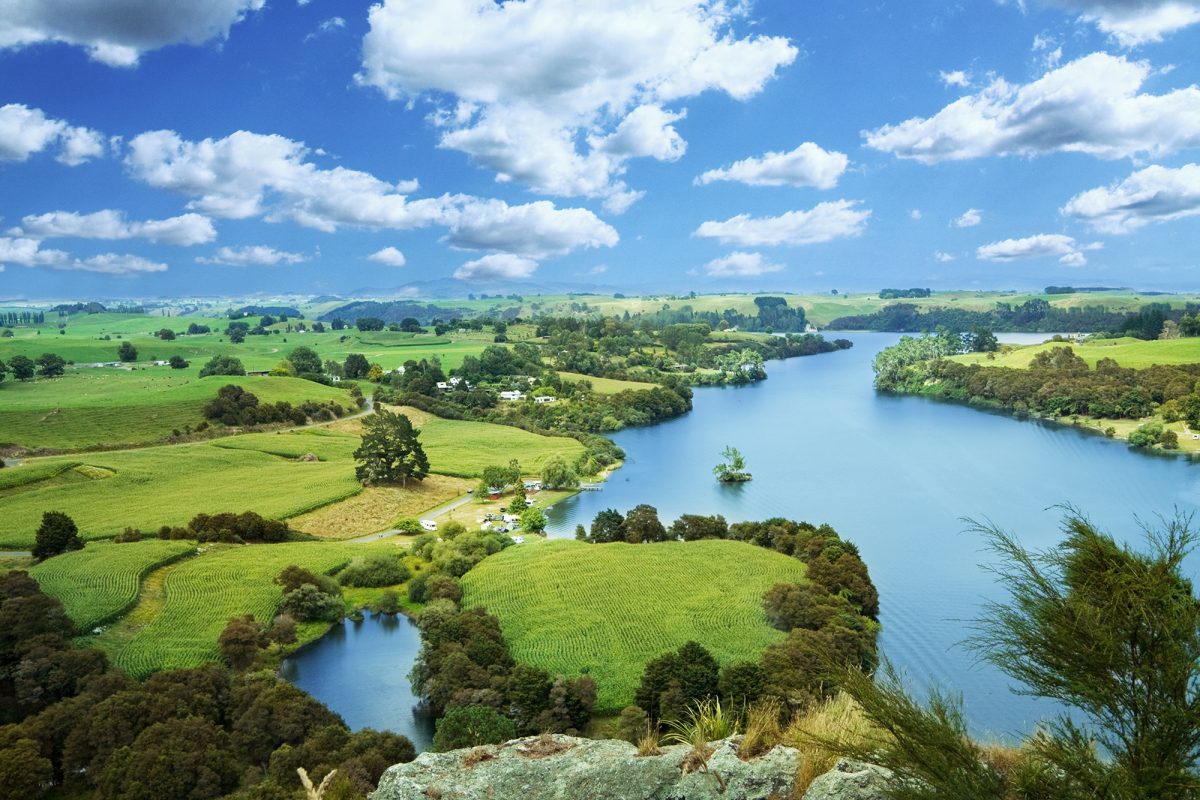Science is blended with Maori cultural beliefs in the “bold new vision for the country’s vital food and fibre sector” which Agriculture Minister Damien O’Connor welcomed today.
The Minister said he was delighted that New Zealand’s major farmer and grower organisations were supporting the Primary Sector Council’s vision, “Fit for a Better World.”
“The international consumers who buy our world-class product increasingly want to know the story behind their food. They want to know it’s climate friendly and sustainably produced, with high animal welfare standards and by a workforce that’s treated with respect and paid fairly.
“By using Fit for a Better World as our guide, I’m confident we’ll achieve premiums in the marketplace from consumers seeking out our food and produce.
“As a government we’re committed to helping farmers and growers get more value for their work while protecting our unique environment.”
Mr O’Connor established the Primary Sector Council to provide fresh thinking and develop a vision to help sectors navigate the environmental and sustainability challenges it faces.
The council’s engagement with Kiwi farmers, growers, fishers, makers and crafters had resulted in a vision which the sector could rally around, he said.
Mr O’Connor said the council would develop its final report and recommendations, which were expected in March 2020.
“The next step is taking the vision and turn it into a realistic and workable plan. To that end, we will establish a new partnership called Food and Fibres Aotearoa New Zealand. It will involve Government, industry and Māori working together to deliver meaningful change.”
The Primary Sector Council’s vision (HERE) was launched at Lincoln University today.
The Minister’s press statement did not mention science.
But the website to which he steered people contains a Vision Statement which includes:
Our reason for being
We embrace the Māori concept of Taiao, a deep relationship of respect and reciprocity with the natural world. The health of the climate, land, water and living systems comes first. And when nature thrives so do our families, communities and businesses.
And:
This is our vision
We are committed to meeting the greatest challenge humanity faces; rapidly moving to a low carbon emissions society, restoring the health of our water, reversing the decline in biodiversity and at the same time, feeding our people.
We will own our part and lead the change that comes with it, starting now.
The principles of Taiao define our relationship with nature.
Alongside innovative science and technology, we are designing modern regenerative production systems fit for a better world.
Within a generation they will be the foundation of our prosperity and the way we, produce high-quality, trusted and healthy food, drinks and fibres. These outstanding products will speak of our land, oceans and people. They will be enjoyed by people all over the world, fulfilling their desires for functionality, wellbeing and aesthetics.
Taiao, and the health and wellbeing of our communities and children for generations to come, will be the benchmark of how we measure success.
Another section deals with “The power of Taiao” and advocates the sharing of knowledge.
It says:
When we consider our natural world and the ecosystems that sustain it, we can quickly recognise that humans not only depend on Taiao but that we are a part of it and we have influence over it through our practices.
By bringing together Mātauranga Māori, community based knowledge and modern science, we will form a body of knowledge that can guide and elevate our practices everyday, empowering us to elevate ourselves above compliance.
This section deals with kaitiakitanga (guardianship) and says:
Good Kaitiakitanga will involve taking action where things are out of balance and other parts of the system are being affected by resource use. Te Mauri o te Taiao provides a framework for everyone to effectively assess the mauri of all the elements within Taiao. We will look to develop assessment and monitoring tools to assist with implementing Te Mauri o te Taiao successfully.












